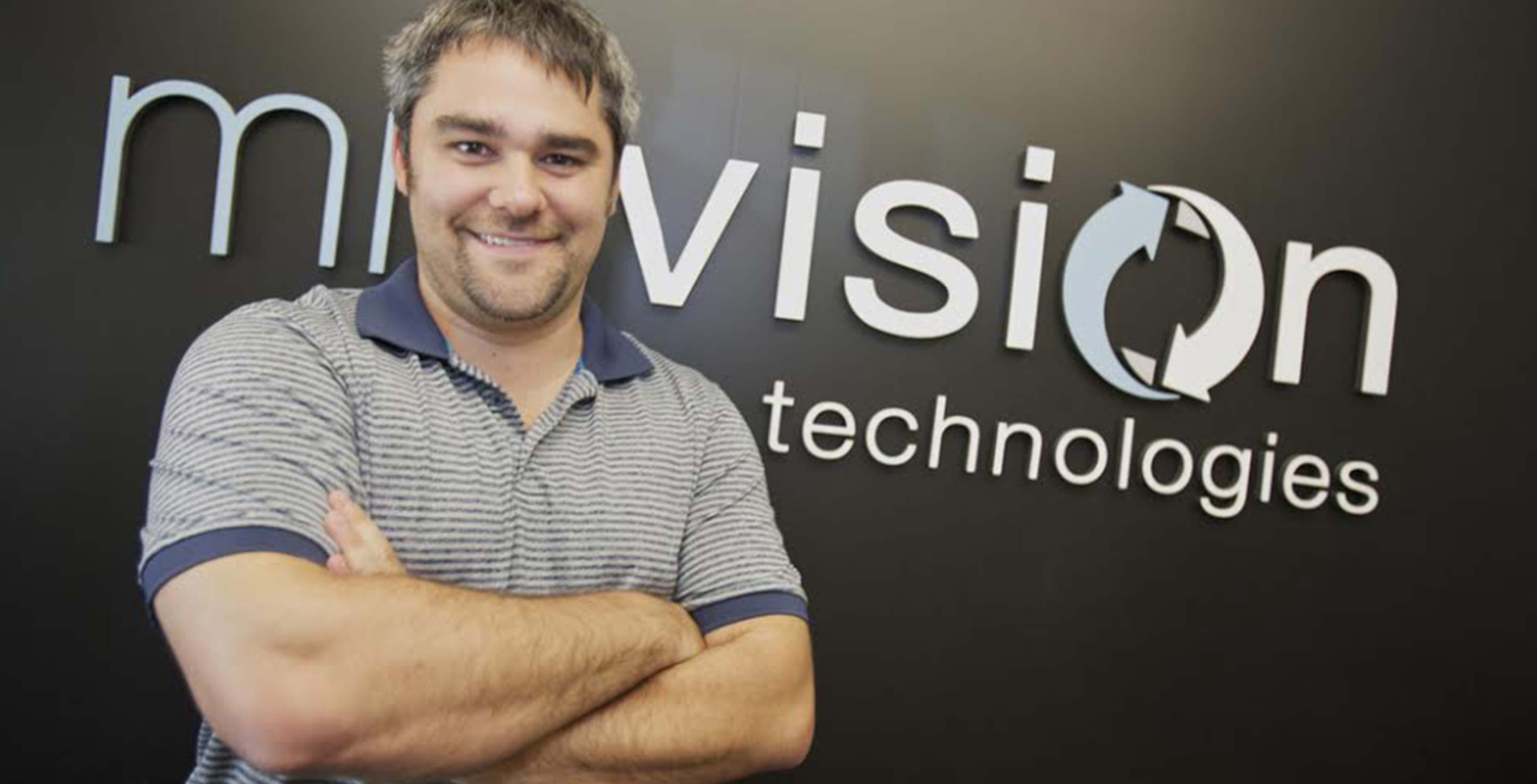
At the Transportation Research Board (TRB) annual meeting in Washington today, Kitchener-based Miovision announced that it’s creating Miovision Labs, a new division within the company.
Miovision, which provides cloud-based traffic management software to help cities improve traffic flow, will be focused on research that helps cities leverage their traffic data and create smart city applications through the Labs. Miovision Labs will also work with cities to explore potential uses of connected traffic signals.
“For the last century, transportation infrastructure ‘progress’ has been all about building more roads and adding more lanes to try to move more people, cars, trucks and freight from Point A to Point B,” said Kurtis McBride, CEO and co-founder of Miovision. “That brute force approach has become obsolete. In the next decade, cities will undergo rapid changes, and transportation networks will be one of the most important pieces in smart cities of the future.”
Miovision Labs will work with the University of Toronto on research around conflict (crash) analysis. Usually, conflict analysis has depended on human observation to detect and rank the severity of conflicts. But because real-world data collection for conflict analysis is so labour-intensive, agencies rarely use conflict analysis to identify where infrastructure investments can be prioritized or to measure the impacts of infrastructure improvements.
Instead, they typically wait for crashes to occur to identify high-risk intersections, streets, transportation facilities or anywhere where crashes can occur.
“Miovision has made great progress in vehicle tracking using computer vision and can provide trajectories of real vehicles, pedestrians, and bicycles,” said Matthew Roorda, professor of civil engineering at U of T. “The partnership with the university will identify dangerous interactions that happened between these roadway users, and will give insights that can lead to better decisions about infrastructure. The important piece with this project is that is using real-world data, not a simulation.”
Miovision Labs is also part of the World Bank-led Open Transport Partnership, which invites ridesharing companies and transport agencies to work together on research that improves cities’ use of traffic data. Miovision will release traffic data — as it is made open by its customers — to support this work.
“The research being conducted through these partnerships represent important steps toward smart cities,” said McBride. “They combine new data sources and new analytical techniques that will eventually become core pieces of city operations and planning. Some companies talk about a top-down approach to smart cities, but that has never worked. Getting to the future won’t happen overnight, and these types of projects are critical to that progress.”
One of Miovision Labs’ first research projects is working with, CPCS, a management consulting firm focused on transportation strategy, policy and economics, to conduct research on freight data. The two companies will study how traffic data from passive sensors, video cameras, GPS, and other sources can be used to understand and improve how freight moves through urban and metropolitan areas.
This story was originally published on BetaKit.
MobileSyrup may earn a commission from purchases made via our links, which helps fund the journalism we provide free on our website. These links do not influence our editorial content. Support us here.


